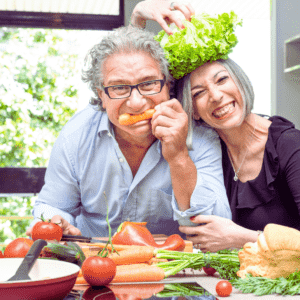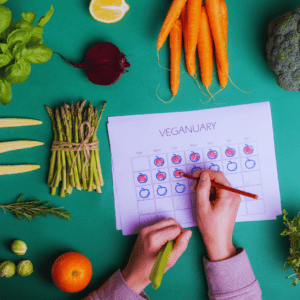You might think that if you’re eating a vegan diet, you’re automatically eating a healthy diet. But that’s not necessarily the case. Just because you’re avoiding animal products doesn’t mean you’re eating loads of fruits and veggies. In fact, you could be consuming just as many unhealthy processed foods as anyone else.
In this article I’m going to tell you how to make sure you’re eating a truly healthy, and what foods you should avoid for a healthier vegan diet.
Tips for a healthy vegan diet
If you’re looking to eat healthier, a vegan diet is a great option that can balance your nutrition and provide plenty of health benefits. You may be concerned about not getting enough protein or other nutrients, but with a little planning, it’s easy to get everything your body needs.
Focus on nutrient-dense plant-based foods such as legumes, nuts and seeds, fruits and vegetables, whole grains, and plant-based oils. These are the cornerstone of any healthy diet—vegan or non-vegan. Aim to fill your plate with at least two-thirds of these foods.
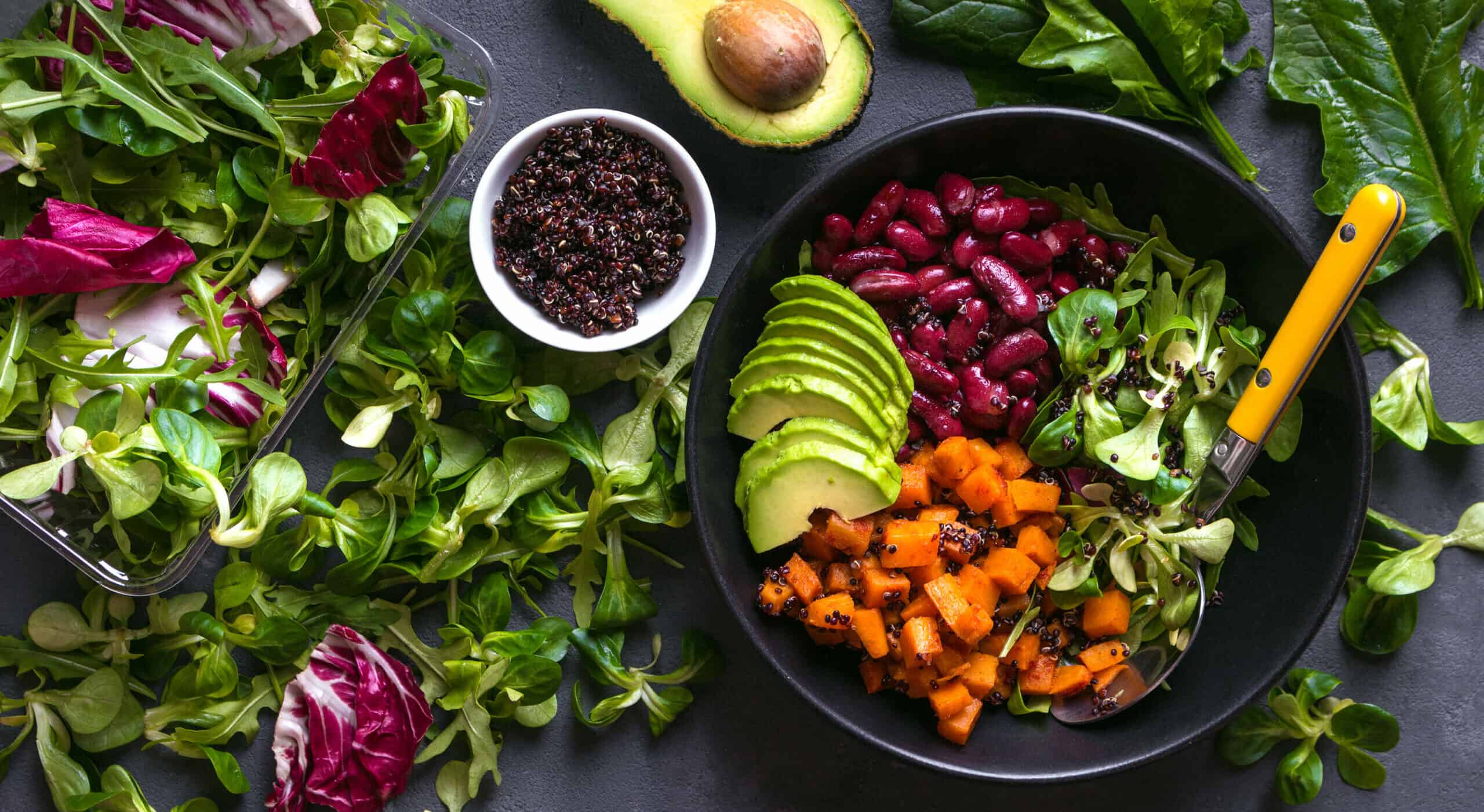
Limit processed vegan foods such as faux meats, vegan cheese and dairy alternatives, vegan ice cream, vegan cookies and other snacks. These items are often high in sodium and sugar, which can increase your risk of chronic diseases such as obesity and diabetes. Instead of relying on these processed foods for convenience, opt for whole food ingredients when possible.
Make sure you’re getting enough vitamins and minerals from the foods you eat. Many vegans lack essential nutrients like vitamin B12, iron and zinc that are otherwise found in animal products. To ensure your body is getting what it needs to stay healthy, consider taking a multivitamin supplement or adding fortified foods into your meals. In addition, it’s important to focus on getting plenty of vitamins and minerals from vegan sources.
Eating a variety of whole plant-based foods is the best way to make sure you’re getting all the nutrients you need. Fruits, vegetables, legumes, grains, nuts, and seeds are all good.
Add more greens to your meals. Dark leafy greens, such as spinach and kale, are packed with essential vitamins, minerals and fiber. Aim to fill at least one-fourth of your plate with dark leafy greens for more nutrients.
Finally, try to stick to a regular meal plan that works for you. This will help ensure that you are getting the right balance of nutrition in your diet.
With these simple tips, you can make sure your vegan diet is truly healthy!
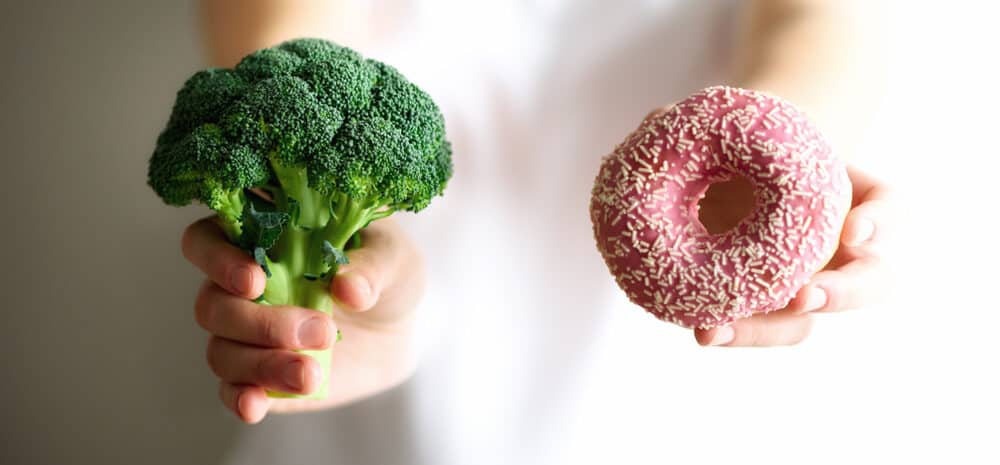
Foods you should avoid
As veganism has become more mainstream, an increasing number of vegan food options have popped up on supermarket shelves and restaurant menus. While it may be tempting to indulge in these foods, it’s important to remember that they are not necessarily healthy for you. Vegan junk food is often high in sugar, salt, and unhealthy fats, and it can also be lacking in important nutrients like protein, iron, and calcium. So if you’re looking to maintain a healthy vegan diet, it’s best to avoid the following food.
Processed foods
First and foremost, you should limit your consumption of processed foods. This includes anything that has been heavily modified from its original form. Frozen meals and fake meats are all examples of bad vegan choices. Not only do these lack the nutrients of whole plant-based foods such as fruits and vegetables.
Added sugars
You should also limit your consumption of added sugars, fats, and oils. While some vegan foods such as nuts and avocados are high in healthy fats, it’s important to watch your amounts. Too much unhealthy fat can lead to weight gain and other health issues. Similarly, you should limit the amount of added sugar you consume from vegan treats
such as cakes and cookies.
Fried foods
If you’re looking to improve your diet and eat healthier, you might be wondering if you should cut out fried foods. While there are some definite downsides to fried foods, it’s ultimately up to you to decide whether or not they’re worth eating. One of the biggest problems with fried foods is that they’re usually high in fat and calories. This can lead to weight gain and other health problems like heart disease and diabetes.
Fried foods can also be hard to digest, and some people find them hard on their stomachs. On the other hand, fried foods can be delicious and satisfying. They can also be a good source of vegan protein. If you do choose to eat fried foods, just be sure to eat them in moderation and pair them with other healthy choices.
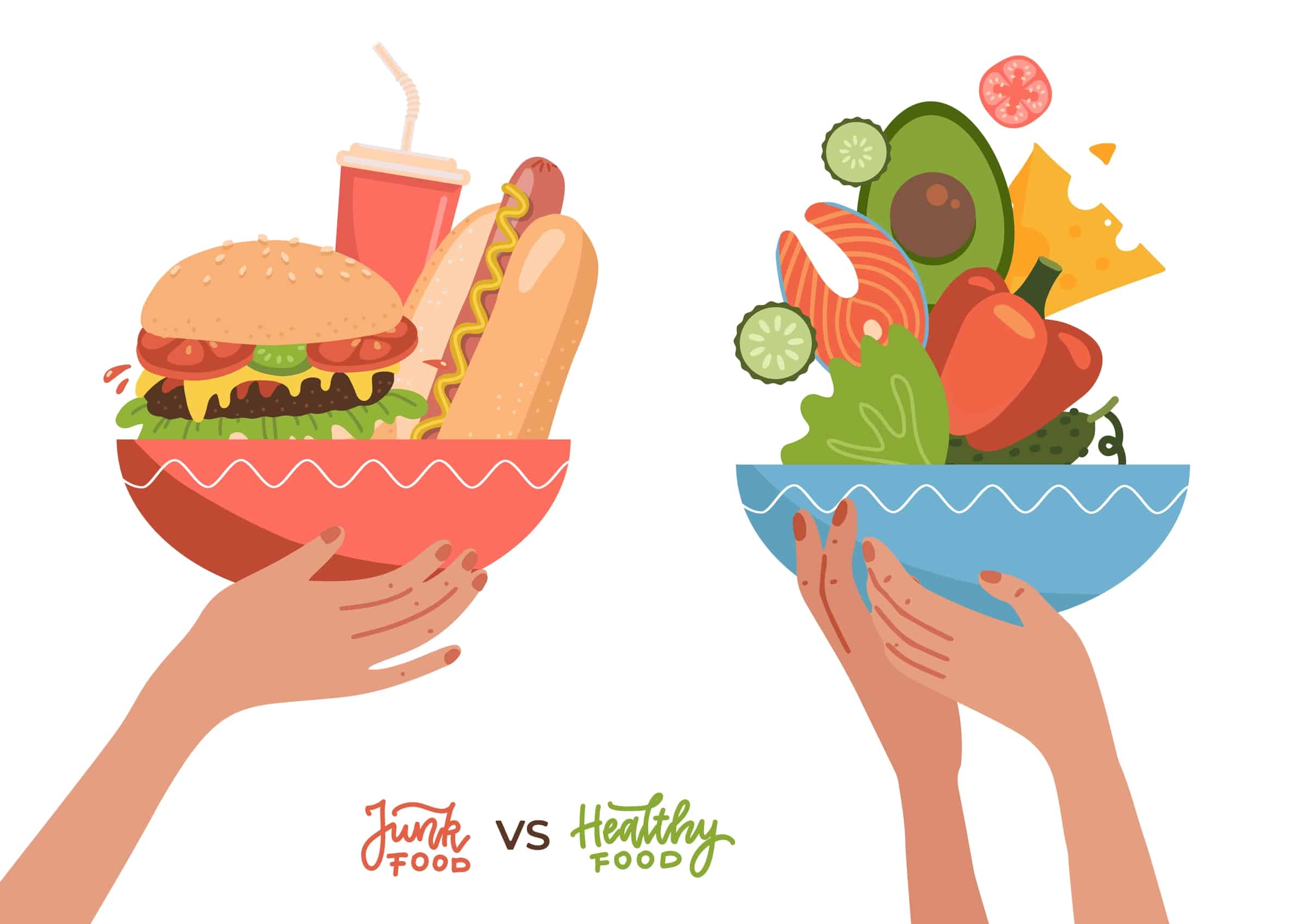
Junk food
Finally, you should avoid junk food as much as possible. Foods like chips, candy, and fast food are often high in saturated fat and sodium, which can lead to health problems such as heart disease and obesity. Not only that, but they also lack the essential vitamins and minerals found in whole plant-based foods.
Junk food can be tempting, but it’s best to try to limit your consumption as much as possible. If you’re looking for something sweet or salty, opt for a healthier alternative such as fresh fruit or roasted nuts instead. Eating vegan doesn’t have to be unhealthy if you make the right choices! By following these tips, you’ll have no problem staying healthy on a vegan diet.
Veganism is a growing trend, and you are definitely not alone in your vegan lifestyle. There are many people who have chosen to veganism for a variety of reasons, including the prevention of animal cruelty, the promotion of good health, and the preservation of the environment. There are vegan cookbooks, online recipes, and even vegan meal delivery services that can make veganism easy, delicious AND healthy. So don’t give up on your vegan lifestyle – with a little effort, you can make it work for you.
Good luck!

